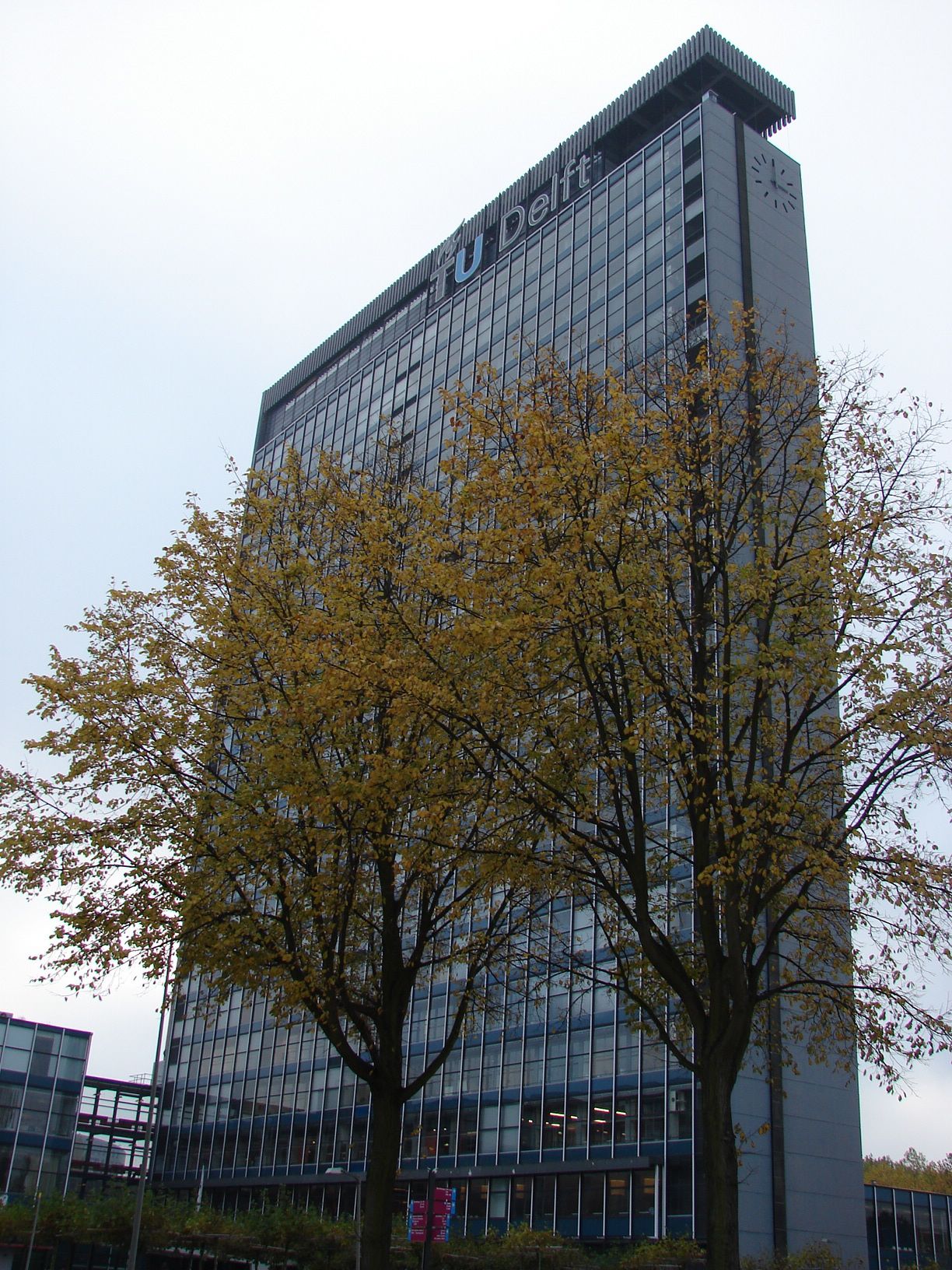

| 9:30am | Registration | |
| 10am | Opening Remarks. | |
| Martin van Gijzen, Delft University of Technology. | ||
| 10:15am | Flash Talks: Posters. | |
| 10:45am | Break | |
| 11am | Look-back GMRES(m) for solving large nonsysmmetric linear systems. | |
| Shao-Liang Zhang, Nagoya University. | ||
|
|
||
| 11:30am | New developments in sparse matrix partitioning for parallel computations. | |
| Rob Bisseling, Utrecht University. | ||
|
|
||
| 12pm | Lunch | |
| 2pm | Parallelization of variable preconditioned Krylov subspace method using multi-GPU. | |
| Soichiro Ikuno, Tokyo University of Technology. | ||
| 2:30pm | Modularity graph clustering on the GPU. | |
| Bas Fagginger Auer, Utrecht University. | ||
|
| ||
| 3pm | Coffee Break | |
| 3:30pm | A variant of IDRstab to remedy the residual gap. | |
| Kensuke Aihara, Tokyo University of Science. | ||
| 4pm | IDR as a deflation method. | |
| Gerard Sleijpen, Utrecht University. | ||
|
|
||
| 4:30pm | Reception and Poster Session |
| 9:30am | Registration | |
| 10am | Random shadow vectors in IDR(s): an explanation of its GMRES-like convergence. | |
| Peter Sonneveld, Delft University of Technology. | ||
| 10:45am | Break | |
| 11am | IDR(s) for linear equations with multiple right-hand sides. | |
| Kuniyoshi Abe, Gifu University. | ||
| 11:30am | Flexible and multi-shift induced dimension reduction algorithms for solving large sparse linear systems. | |
| Martin van Gijzen, Delft University of Technology. | ||
|
|
||
| 12pm | Lunch | |
| 2pm | A shift strategy for superquadratic convergence of the dqds algorithm for computing. | |
| Kensuke Aishima, The University of Tokyo. | ||
|
|
||
| Efficient methods for least-norm regularization. | ||
| Marielba Rojas, Delft University of Technology. | ||
| 3pm | Coffee Break | |
| 3:30pm | A proposal of variant of BiCGSafe method based on optimized product of two polynomials. | |
| Seiji Fujino, Kyushu University. | ||
| Recursively deflated PCG for mechanical problems. | ||
| Cornelis Vuik, Delft University of Technology. | ||
|
|
||
| 7pm | Conference Dinner |
| 10am | Discussion Sessions. | |
| 12pm | Lunch | |
| 1-6pm | Excursion. | |
| 10am | Numerical modeling and its solution techniques for multiphysic and multiscale heart simulator: UT-heart. | |
| Takumi Washio, The University of Tokyo. | 10:30am | Multigrid preconditioner for the Helmholtz equation based on a new discretization with complex coefficients. |
| Cornelis Oosterlee, CWI and Delft University of Technology. | ||
| 11am | Coffee Break and Poster Session | |
| 12pm | Lunch | |
| 2pm | Forward-looking Session. | |
| 4pm | Closing Remarks. | |
| Martin van Gijzen, Delft University of Technology. |